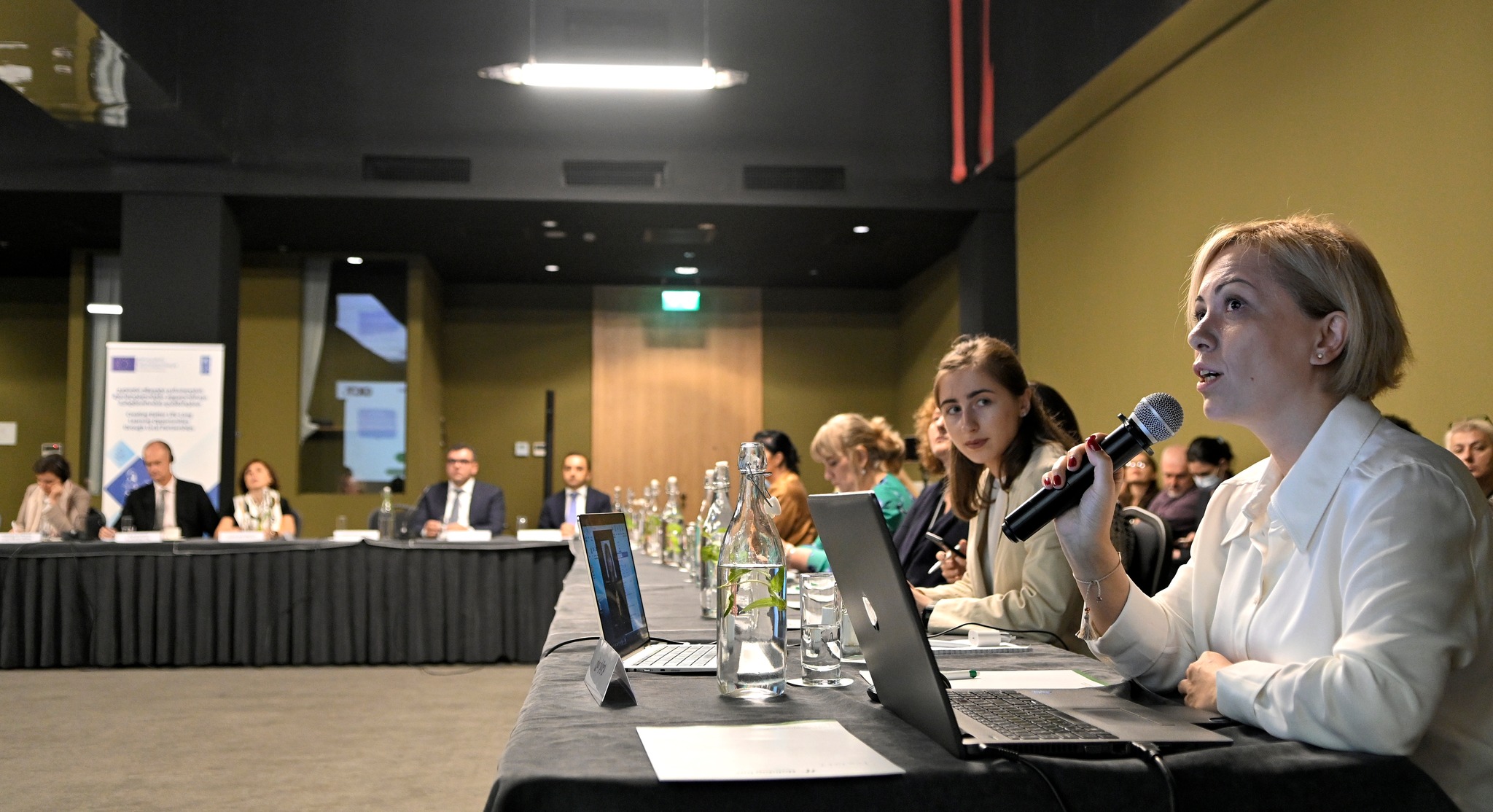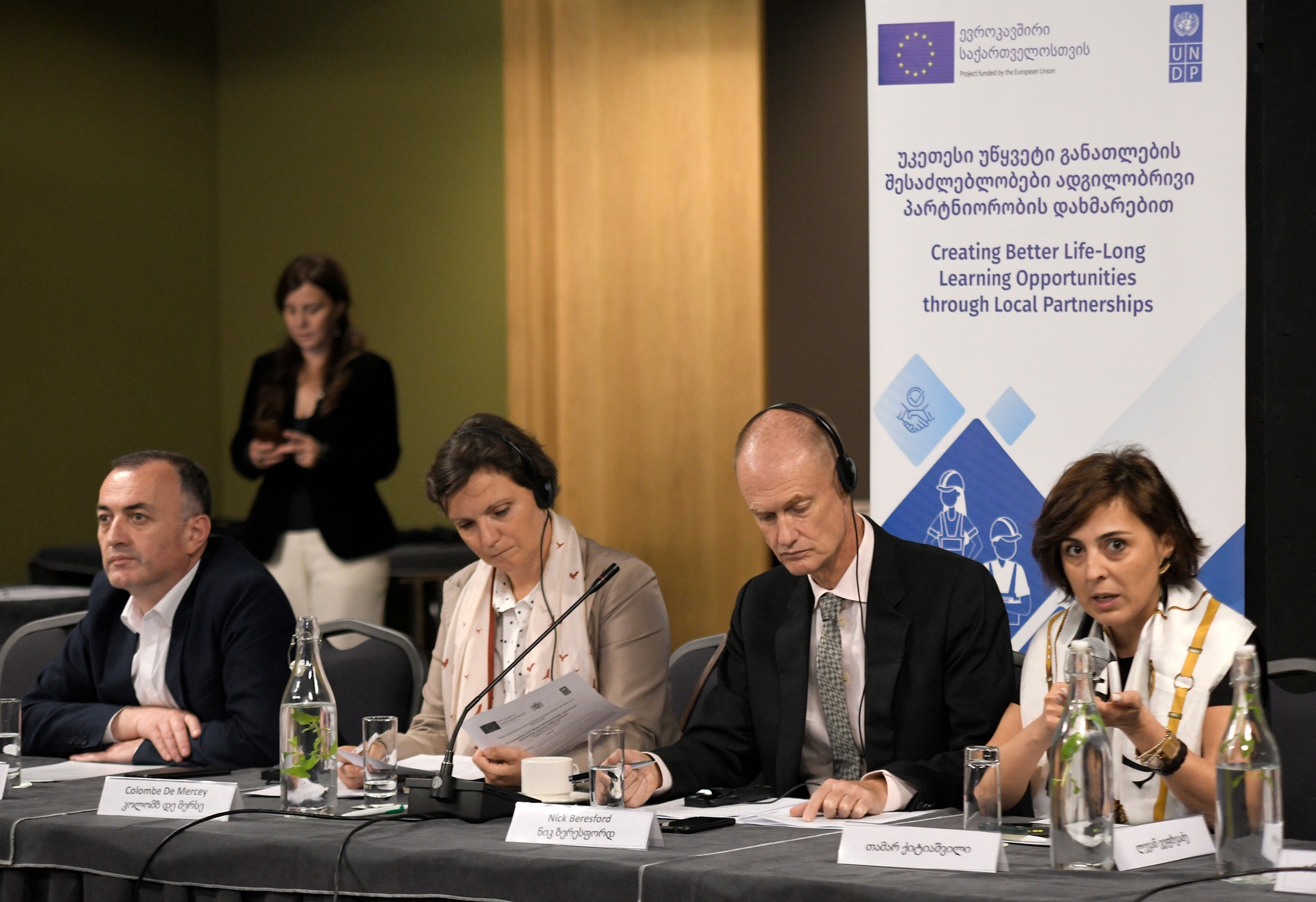On September 13, the European Union (EU) and the United Nations Development Program (UNDP) published a labor market survey that will review the current situation in the tourism and wellness sectors.
The study notes that companies operating in various industries, among the reasons that impede employment, name the low qualification and lack of motivation of applicants. At the same time, the majority of employers, 88%, do not cooperate with vocational schools, and 31% do not even see the point in such cooperation.
 |
Only 24% of employers have experience of cooperation with vocational schools, which is largely manifested in the provision of internships and practical training for students.
The study was conducted by ACT in collaboration with the Ministry of Education and Science of Georgia and the Skills Agency. The study was conducted in May 2022 and is based on data collected in 14 municipalities in five regions of Georgia (Autonomous Republic of Adjara, Guria, Imereti, Kakheti and Racha-Lechkhumi-Kvemo Svaneti). |
|
Based on the results of the study, the most demanded professions and training programs are identified, an analysis is made of the professional qualifications required for these specific segments of the labor market, and the compliance of existing vocational education with labor market requirements is assessed. The study also makes recommendations for employers and educational institutions, including how to improve cooperation between them, and explores what is needed to make vocational education better meet the needs of various social groups, including youth, women, people with disabilities and minorities . |
 |

Sopho Chachanidze, Senior Partner at ACT, has been appointed as a new board director of the Global Compact Georgia Network.

ACT Global - Become a Focal Point: Information Webinar

ACT Portfolio Leads at High-Level World Urban Forum 2024 (#WUF12)